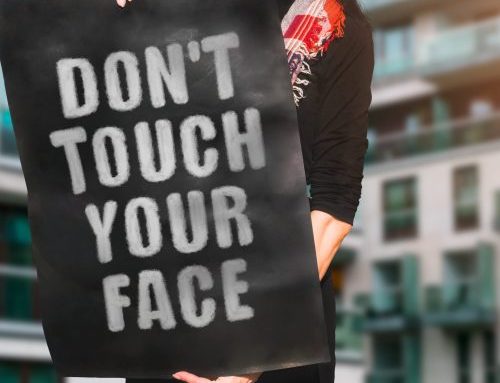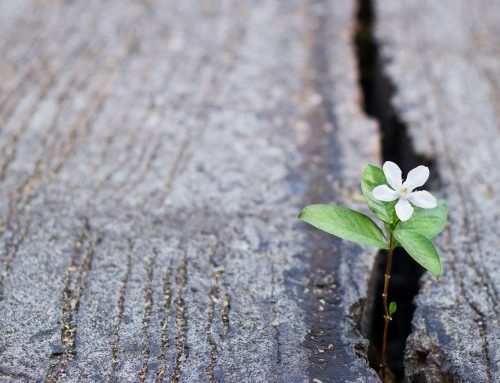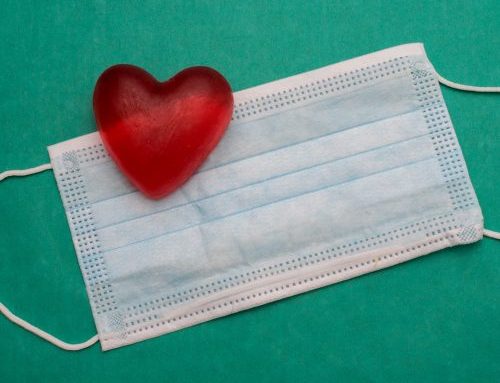“The curious paradox is that when I accept myself just as I am, then I can change.” – Carl Rogers
People often come into counseling because there is a breaking point prior to making the initial appointment that signals, “something is wrong.” I am not okay. This has gone too far. Enough to warrant bringing in an unfamiliar third party. People beg, yearn, and plead to be different or healthier. They task their therapists the assignment of making them (or their partners) change – ideally overnight. We are desperate for the pain to stop, for the relationship feud to end, or for the terror to go away.
And yet, we keep going to the same watering hole that originally fed us the poisoned drink. We choose that harmful behavior, again. We find a partner who is eerily similar to our patterned exes (though this may be blind to us at first). We repeat the vicious cycle over and over. And if we get close to realizing this as the case, the first thing we do is condemn and hate ourselves for being stupid, slow, or unworthy.
- “If I had half a brain, I would be able to leave him.”
- “I am so weak. I can’t believe this is hard for me.”
- “What a stupid, small problem to have. There must be something wrong with me since I can’t just get over it.”
These are only a few of the comments I have heard this week from clients who began to uncover their damaging cycles with newfound clarity. This kind of discovery almost immediately reverts to shame and self-loathing. Once we uncover a weakness, we hate ourselves for having it. And yet, it is not shame, blame, or judgment that leads us to change. It’s kindness. Showing ourselves kindness towards these weak parts gives us the courage to move on from the toxic watering hole and into risky, uncharted territory. Moving on to new ways of being is a huge risk – we often think, “at least I know this watering hole is dependable, even if it is slowly (yet quickening in pace) killing me to stay here.”
But we don’t need to carry a backpack of shame in order to make it to a new oasis. We need fistfuls of kindness, acceptance, understanding, and grace if we’re going to make the journey. When a client told me that she hates herself for the arousal she felt when she was sexually abused at age 8, the invitation is not to hate herself for her body’s betrayal, but rather to show kindness and acceptance to those places that were aroused due to the understanding that the body is meant to be enlivened. Or for my client who learned to fear and despise emotions because her mom was commonly hysterical in her childhood, the invitation is not to shame herself for not being able to feel emotions well into her adult years, but rather to validate that she had to shut off her feelings in order to ensure her (and her mom’s) survival. It can even be as complex as it is for a client of mine who was told she was stupid by her parents so repeatedly in her young years that now, as a mother to her own, she is terrified to own her brilliance because it means that she will be metaphorically abandoned by her parents. This is not a journey one can travel through overnight. It takes months, and years, to unfurl the gnarled parts of our hearts that were taught to be afraid and never let anyone in.
Ironically, like Rogers said, once we begin to show these young and scared parts of ourselves the kindness and understanding I mentioned, we begin to change. Similar to the blooming of a flower from its seed, or the birthing of a butterfly from its chrysalis, this process takes both time and a willingness to provide an environment conducive to growth. Not too much rain, little to no prodding, ample sunshine, and healthy temperatures. And of course, a foundational belief that who we are, exactly as we are, is enough.





